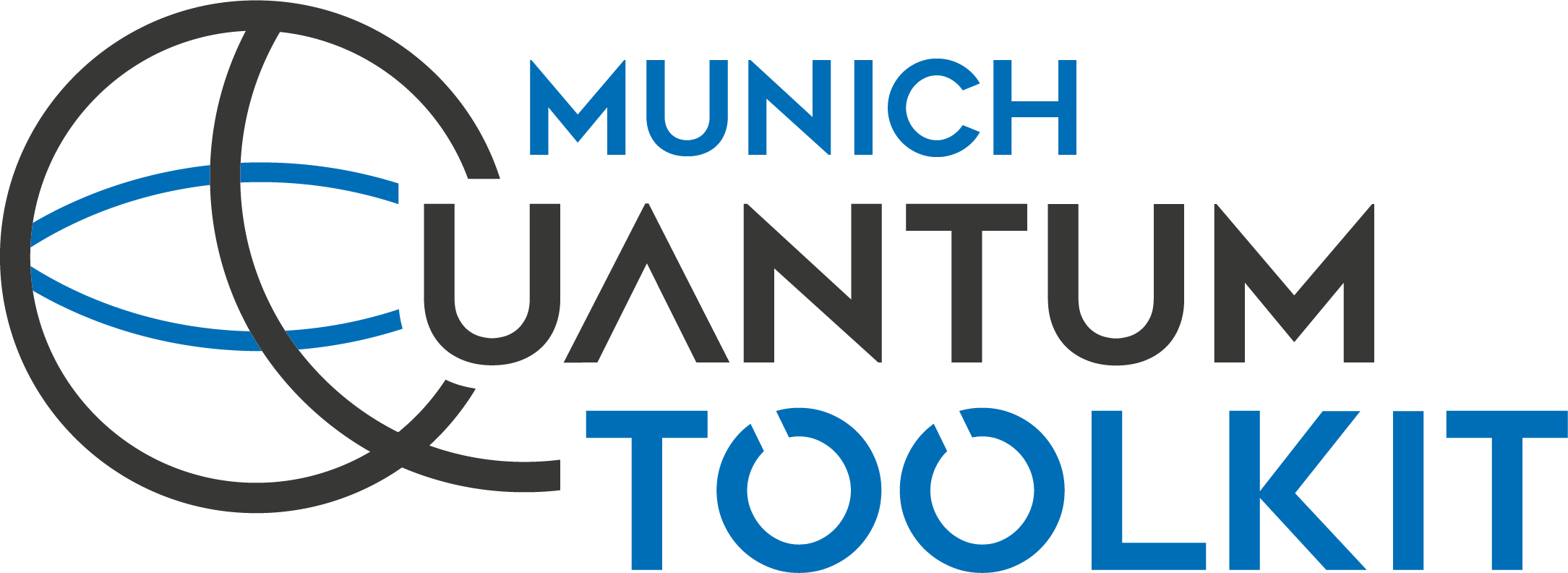MQT Quantum Auto Optimizer: Automatic Framework for Solving Optimization Problems with Quantum Computers
MQT Quantum Auto Optimizer is a framework that allows one to automatically translate an optimization problem into a quantum-compliant formulation and to solve it with one of the main quantum solvers (Quantum Annealer, Quantum Approximate Optimization Algorithm, Variational Quantum Eigensolver and Grover Adaptive Search)
MQT Quantum Auto Optimizer is part of the Munich Quantum Toolkit (MQT) developed by the Chair for Design Automation at the Technical University of Munich. This framework has been developed in collaboration with the VLSI Lab of Politecnico di Torino.
If you have any questions, feel free to create a discussion or an issue on GitHub.
mqt-qao is available via PyPI.
(venv) $ pip install mqt.qaoThe following code gives an example on the usage:
from mqt.qao import Constraints, ObjectiveFunction, Problem, Solver, Variables
# Declaration of the problem variables
var = Variables()
a = var.add_binary_variable("a")
b = var.add_discrete_variable("b", [-1, 1, 3])
c = var.add_continuous_variable("c", -2, 2, 0.25)
# declaration of the objective functions involved in the problem
obj_func = ObjectiveFunction()
obj_func.add_objective_function(a + b * c + c**2)
# Declaration of the constraints
cst = Constraints()
cst.add_constraint("b + c >= 2", variable_precision=True)
# Creation of the problem
prb = Problem()
prb.create_problem(var, cst, obj_func)
# Solve the problem with the Dwave Quantum Annealer
solution = Solver().solve_Dwave_quantum_annealer(prb, token=token)Detailed documentation and examples are available at ReadTheDocs.
In case you are using the MQT Quantum Auto Optimizer in your work, we would be thankful if you referred to it by citing the following publications:
@INPROCEEDINGS{volpe2024towards,
AUTHOR = {D. Volpe and N. Quetschlich and M. Graziano and G. Turvani and R. Wille},
TITLE = {{Towards an Automatic Framework for Solving Optimization Problems with Quantum Computers}},
YEAR = {2024},
BOOKTITLE = {IEEE International Conference on Quantum Software (QSW)},
EPRINT = {2406.12840},
PRIMARYCLASS = {quant-ph},
ARCHIVEPREXIX = {arxiv},
}
@INPROCEEDINGS{volpe2024predictive,
AUTHOR = {D. Volpe and N. Quetschlich and M. Graziano and G. Turvani and R. Wille},
TITLE = {{A Predictive Approach for Selecting the Best Quantum Solver for an Optimization Problem}},
YEAR = {2024},
BOOKTITLE = {IEEE International Conference on Quantum Computing and Engineering (QCE)},
EPRINT = {2408.03613},
PRIMARYCLASS = {quant-ph},
ARCHIVEPREXIX = {arxiv},
}The Munich Quantum Toolkit has been supported by the European Research Council (ERC) under the European Union's Horizon 2020 research and innovation program (grant agreement No. 101001318), the Bavarian State Ministry for Science and Arts through the Distinguished Professorship Program, as well as the Munich Quantum Valley, which is supported by the Bavarian state government with funds from the Hightech Agenda Bayern Plus.







